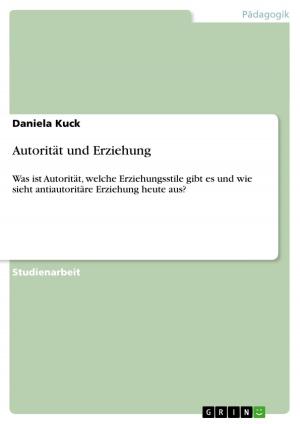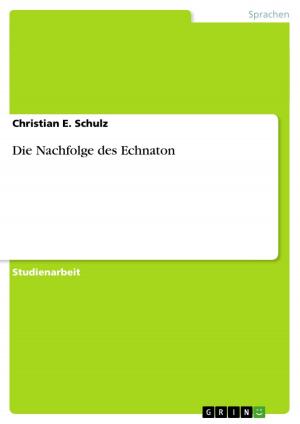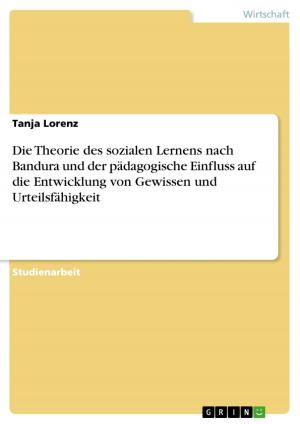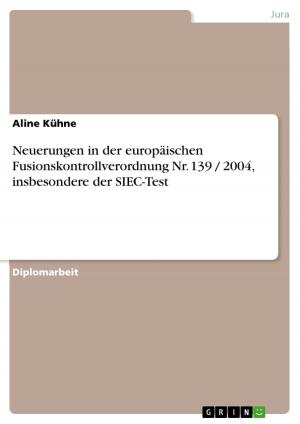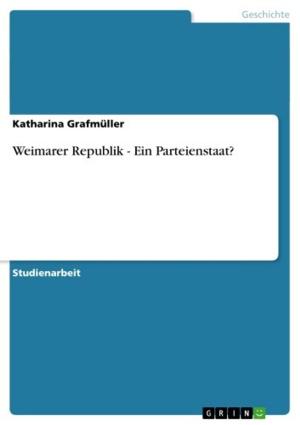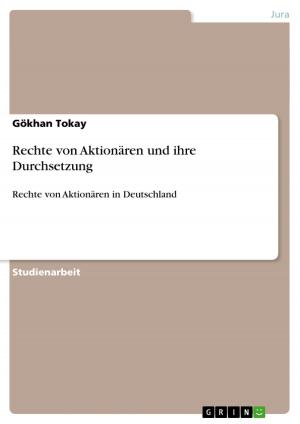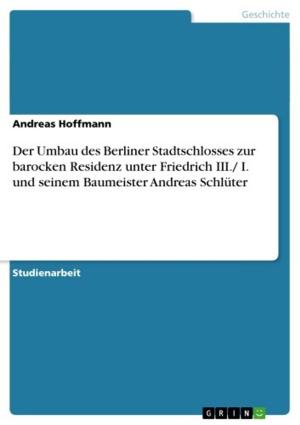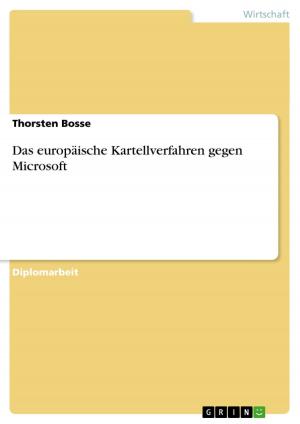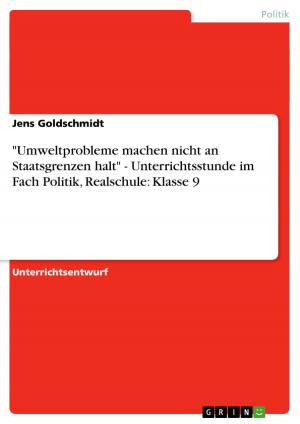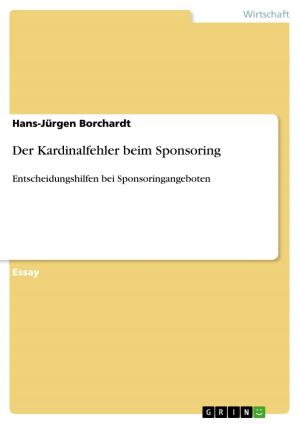A critical evaluation of Politeness research in English and German
Contrasting linguistic politeness
Nonfiction, Entertainment, Drama, Anthologies| Author: | Friederike Brons | ISBN: | 9783656110347 |
| Publisher: | GRIN Verlag | Publication: | January 25, 2012 |
| Imprint: | GRIN Verlag | Language: | English |
| Author: | Friederike Brons |
| ISBN: | 9783656110347 |
| Publisher: | GRIN Verlag |
| Publication: | January 25, 2012 |
| Imprint: | GRIN Verlag |
| Language: | English |
Bachelor Thesis from the year 2011 in the subject English - Miscellaneous, grade: 1,0, University of Wuppertal (Anglistik/Amerikanistik), language: English, abstract: As a way of establishing a general framework of the development of politeness research, I will give an overview of different theories: the first being the conversationalist maxim view, including the work of Grice, Lakoff and Leech; and the second being the face- saving view of politeness, including Brown and Levinson's model. Then, I will investigate how politeness is realised in German and English. For this purpose, I will firstly consider cultural specificities that determine linguistic politeness, examining dimensions of cross- cultural difference as proposed by Juliane House and critically evaluate these dimensions. Secondly, I will look at how politeness is reflected in the realisation of the speech act of request, drawing on results from a contrastive study on politeness markers by Juliane House and Gabriele Kasper. These will subsequently be compared to findings gained in other empirical works. Following the critical evaluation, I will also take a closer look at the significant role of modal particles in the modification of requests in order to account for some of the prevalent linguistic choices observed in the contrastive study. Finally, the paper ends with a summarising conclusion.
Bachelor Thesis from the year 2011 in the subject English - Miscellaneous, grade: 1,0, University of Wuppertal (Anglistik/Amerikanistik), language: English, abstract: As a way of establishing a general framework of the development of politeness research, I will give an overview of different theories: the first being the conversationalist maxim view, including the work of Grice, Lakoff and Leech; and the second being the face- saving view of politeness, including Brown and Levinson's model. Then, I will investigate how politeness is realised in German and English. For this purpose, I will firstly consider cultural specificities that determine linguistic politeness, examining dimensions of cross- cultural difference as proposed by Juliane House and critically evaluate these dimensions. Secondly, I will look at how politeness is reflected in the realisation of the speech act of request, drawing on results from a contrastive study on politeness markers by Juliane House and Gabriele Kasper. These will subsequently be compared to findings gained in other empirical works. Following the critical evaluation, I will also take a closer look at the significant role of modal particles in the modification of requests in order to account for some of the prevalent linguistic choices observed in the contrastive study. Finally, the paper ends with a summarising conclusion.


